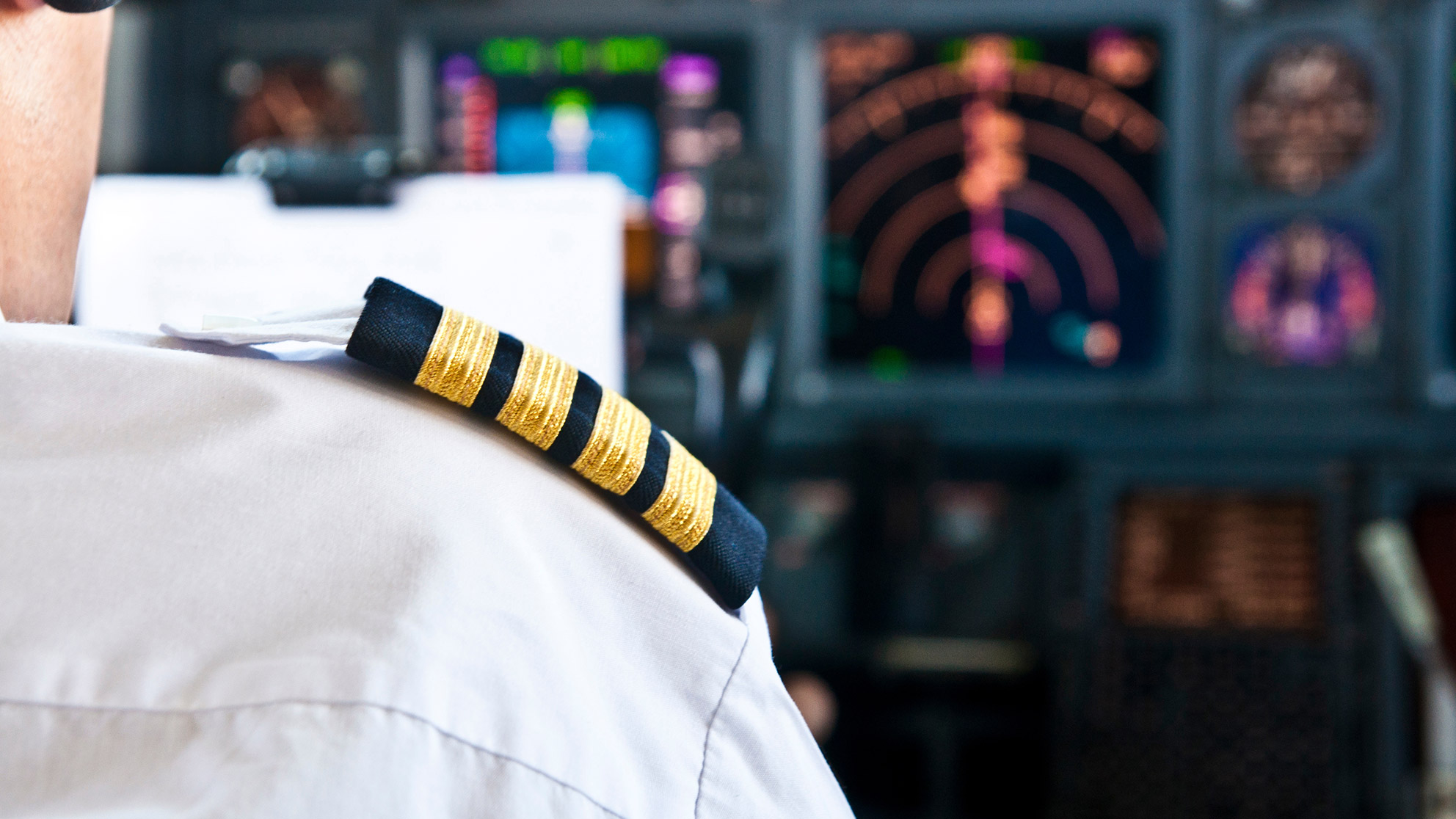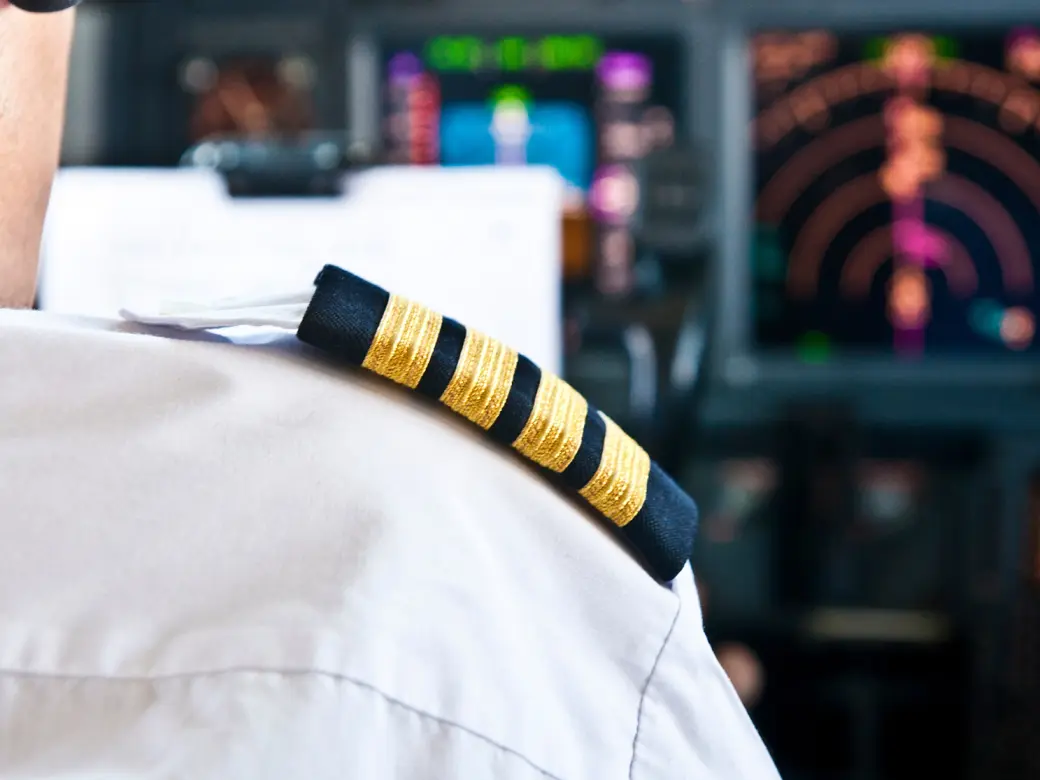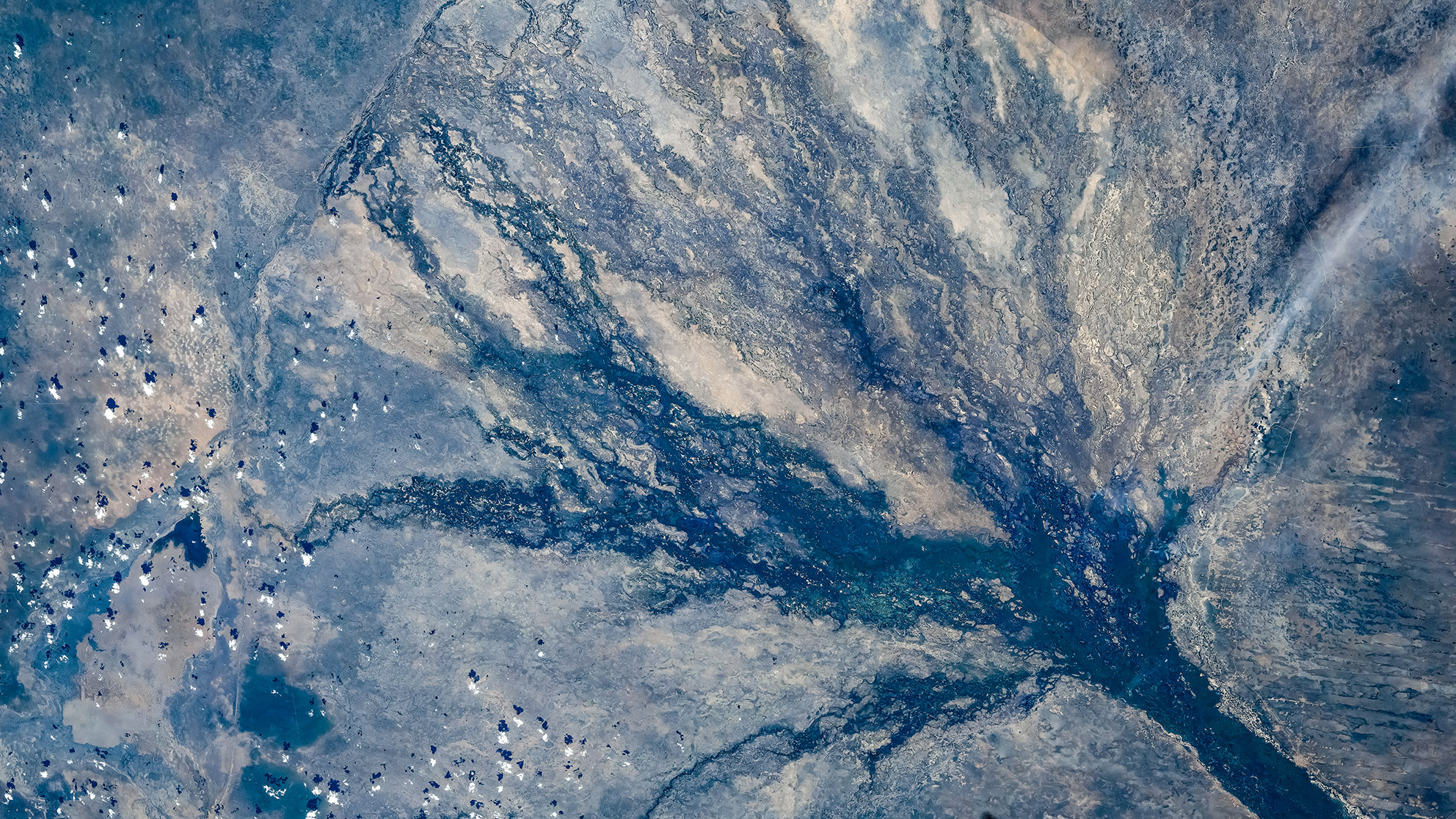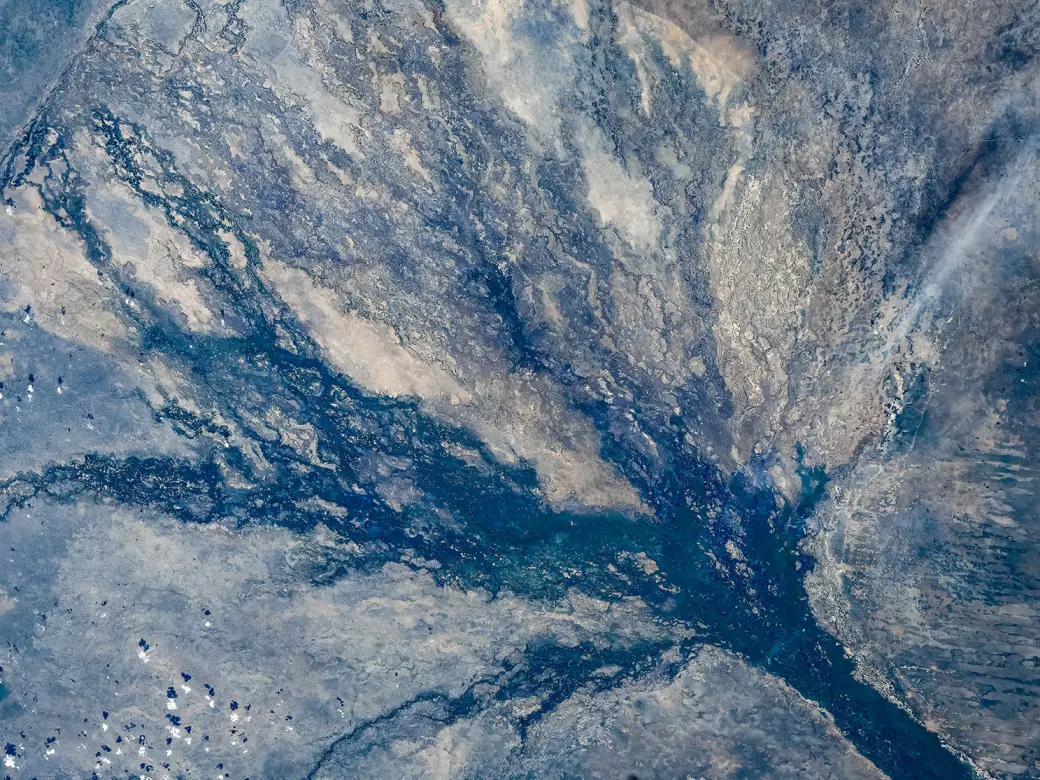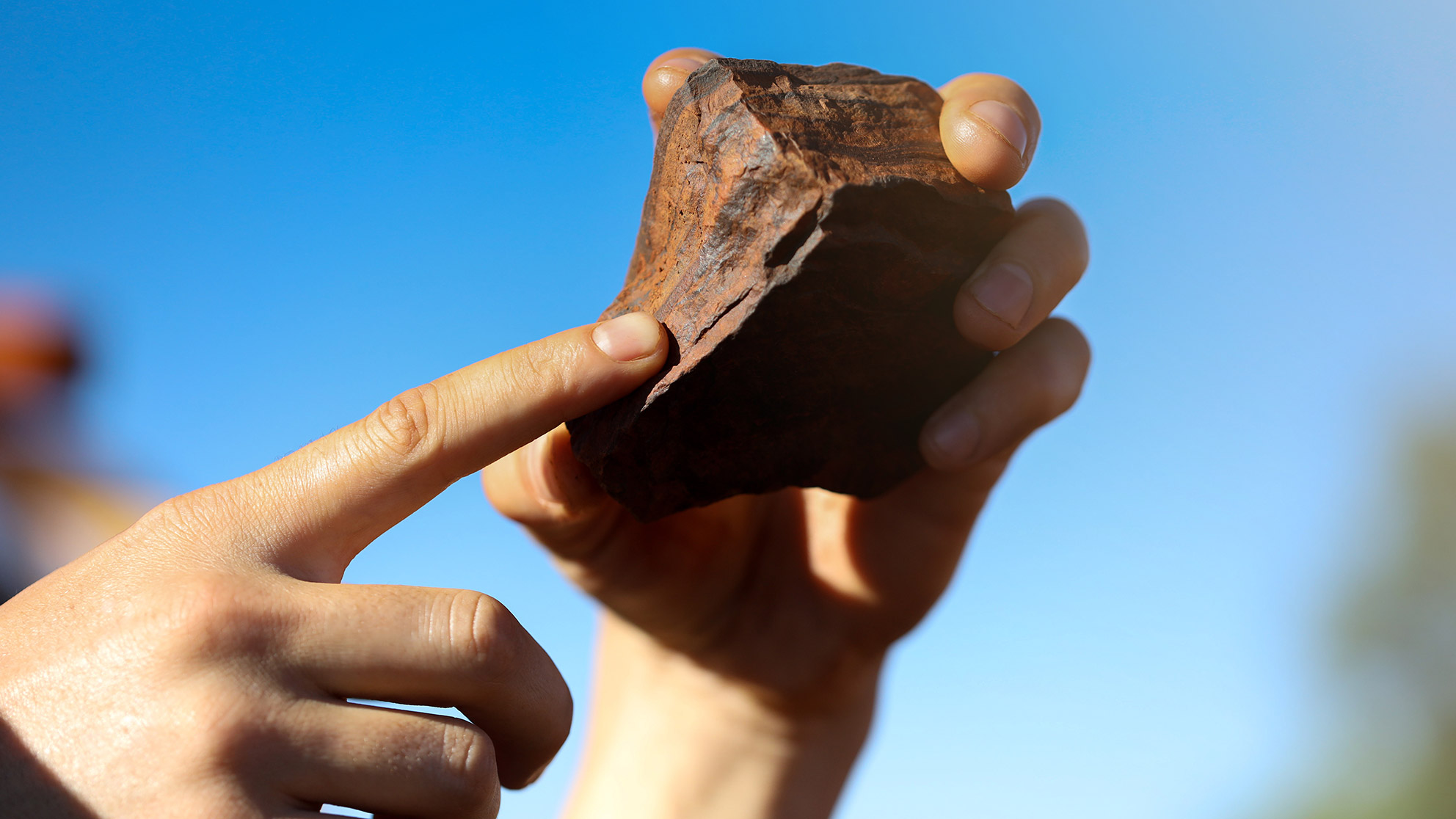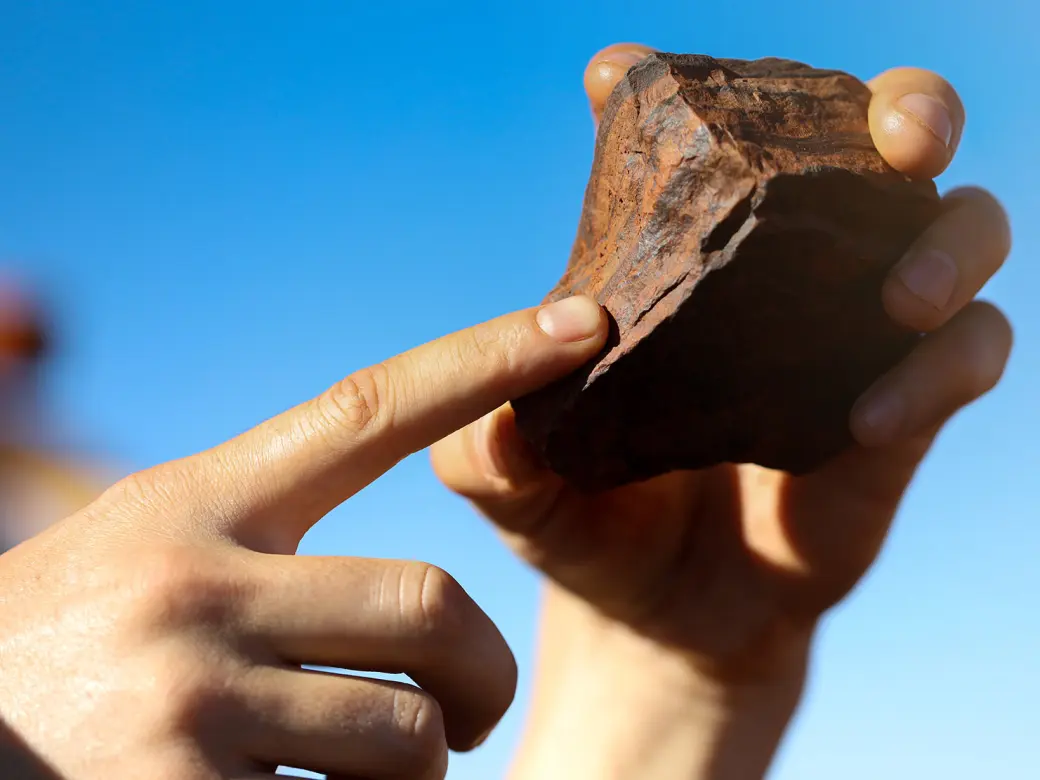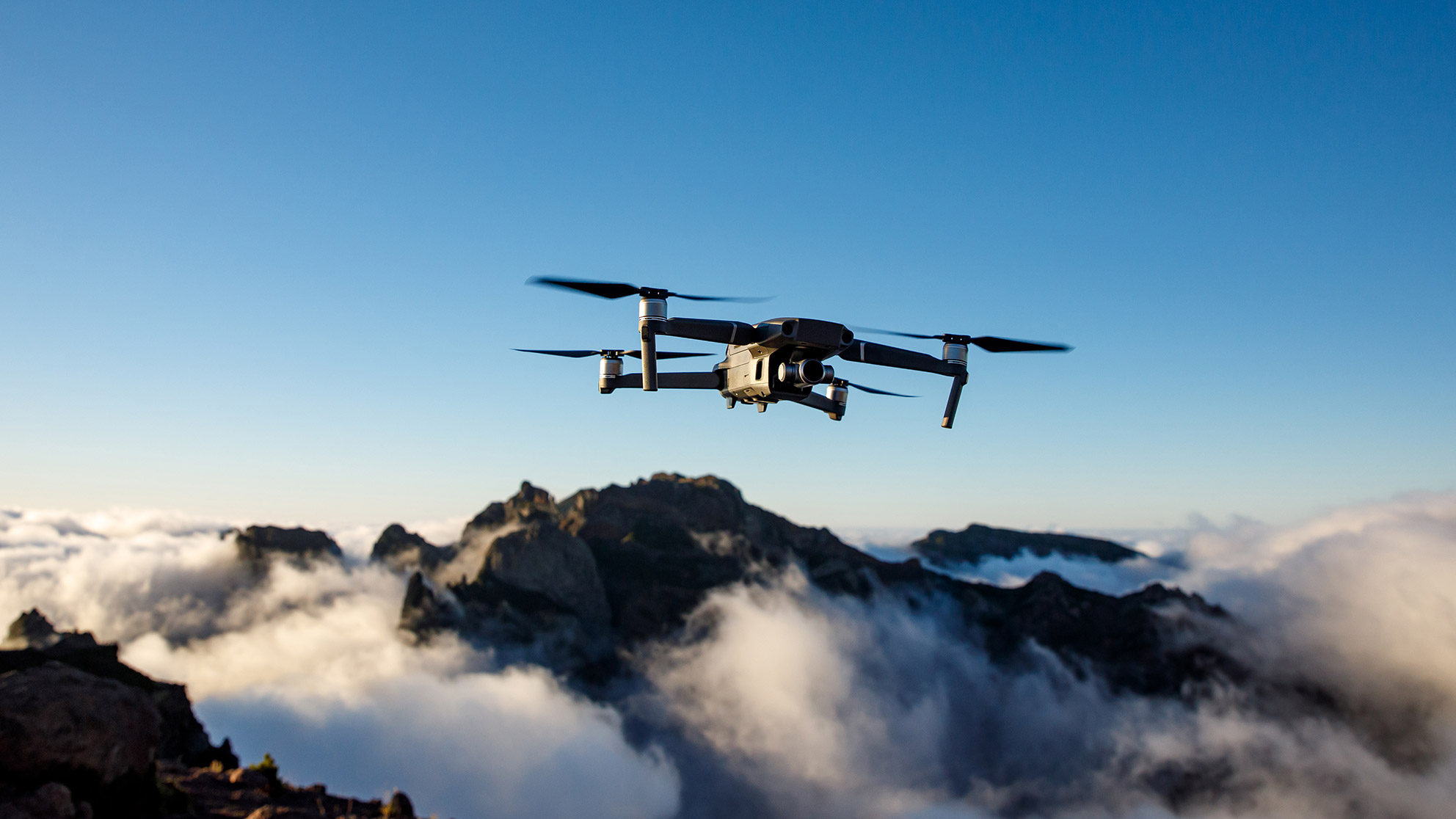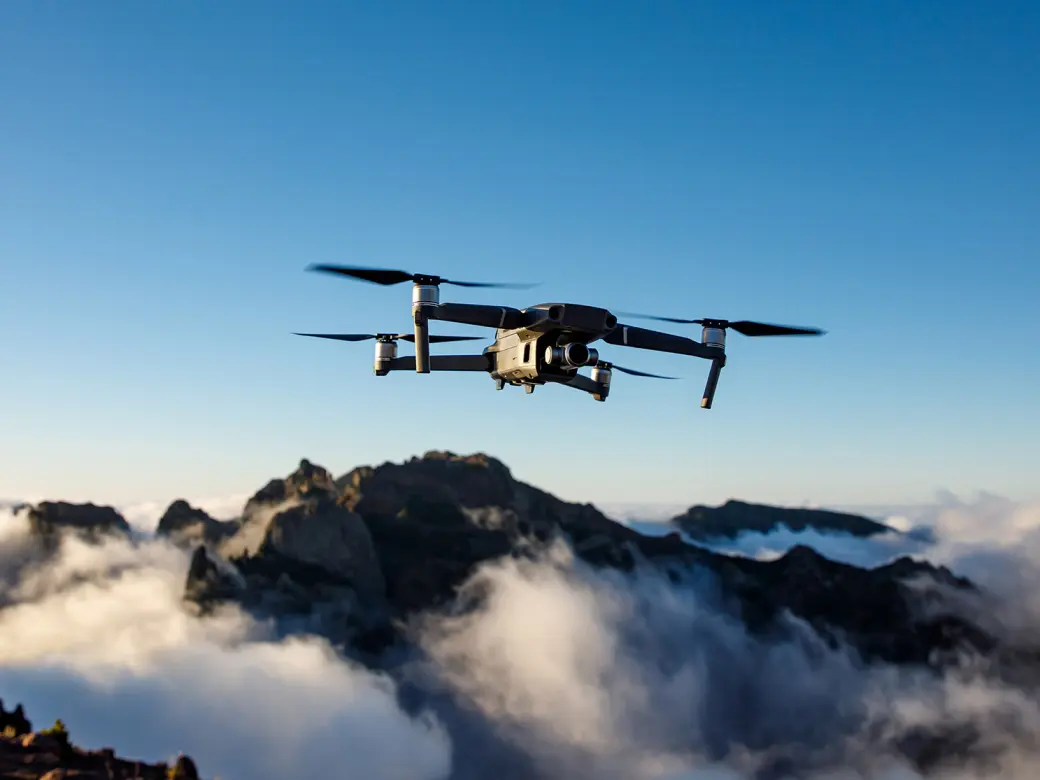GPS has been the gold standard in navigation technology for decades, providing ultra-precise positioning through a network of satellites orbiting the Earth. However, GPS has proven also to be susceptible to disruptions, such as jamming and spoofing, making it potentially less reliable. By leveraging the Earth’s magnetic field, our quantum sensors show strong potential to be the key to a more accurate and disruption-proof navigation, complementary to GPS.
Navigation & Exploration
Airplane navigation and Exploration of Minerals
Extremely sensitive, robust, and interference-proof
Harnessing the Earth's magnetic field
Our magnetic-field quantum sensor measures magnetic fields with exceptional sensitivity and precision – including the magnetic field of the Earth. This unlocks new opportunities in both air navigation and mineral exploration.
In airplane navigation, our sensors promise to provide an interference-proof complement to GPS, ensuring reliable positioning even in environments vulnerable to signal disruption. In exploration, by detecting even the slightest variations in the Earth's magnetic field, they will enable the identification of potential mineral resources in the Earth’s crust, from above ground, airborne, and even underwater.
Navigation
Airplane Navigation
Precision mapping and reliable navigation
By utilizing the Earth’s magnetic field as a reference point, our quantum sensors offer a groundbreaking approach to stable and disruption-free airplane navigation. While only partial maps of the Earth’s magnetic field exist today, our sensors have the potential to both create comprehensive magnetic field maps and use them for highly precise navigation. Free from interference, this navigation method provides near-GPS-level accuracy, making it an ideal complement to GPS, particularly in environments prone to interference or disruption.
Testing underway – our collaboration with Airbus
Driven by our shared vision for the utmost safety standards in aviation, we are collaborating with Airbus to assess the possibility of maturing aircraft navigation systems using quantum technology. By leveraging information from quantum sensors, we aim to complement navigation information in civil aviation and enrich the data set for precise positioning.
This partnership combines Airbus’ expertise in aircraft development and airborne navigation systems with Bosch’s in-depth knowledge of quantum sensor technology.
Exploration
Exploration of mineral resources
Technological advancements such as electrification have resulted in a significant shortage of natural resources like copper, nickel, and lithium. However, many deposits remain untapped. To make the search more precise and eliminate unnecessary drilling, quantum sensors could help locate these resources more quickly and safely, for example on a drone.Extremely sensitive, accurate, and lightweight, magnetic-field quantum sensors are set to redefine mineral exploration. Their small size, robustness, and wide measuring range will enable more precise magnetic field measurements and extended survey durations.
Accurate and comprehensive
Our magnetic-field quantum sensors provide superior insight into the Earth’s magnetic field. Offering extreme sensitivity and a wide measurement range, they can detect a broad spectrum of magnetic field changes, making them exceptionally effective for both detailed and expansive mineral exploration. By delivering full vector information, they capture comprehensive data from all directions. Additionally, magnetic-field quantum sensors operate free from dead zones and heading errors, ensuring gap-free, precise, and reliable measurements regardless of orientation.
Compact, lightweight, and efficient
The small and lightweight design of our magnetic-field quantum sensors make them ideal for drone deployment, allowing for extended flight times and broader, more accurate coverage compared to traditional sensors. Thus, our technology has the potential to significantly streamline the exploration process. By providing highly accurate data from drone-mounted sensors alone, it could eliminate the need for extensive ground exploration by human teams, thereby reducing costs and increasing operational efficiency.
Partners wanted
Let's unearth new resources
We seek mining and exploration companies eager to advance mineral exploration by testing our cutting-edge quantum sensors in the field. With their extreme sensitivity, wide measurement range, and full vector capabilities, our sensors offer unparalleled accuracy and comprehensive data collection. Join us in our effort to leverage these benefits and redefine the exploration of minerals.
Our technology
Explore our quantum sensors
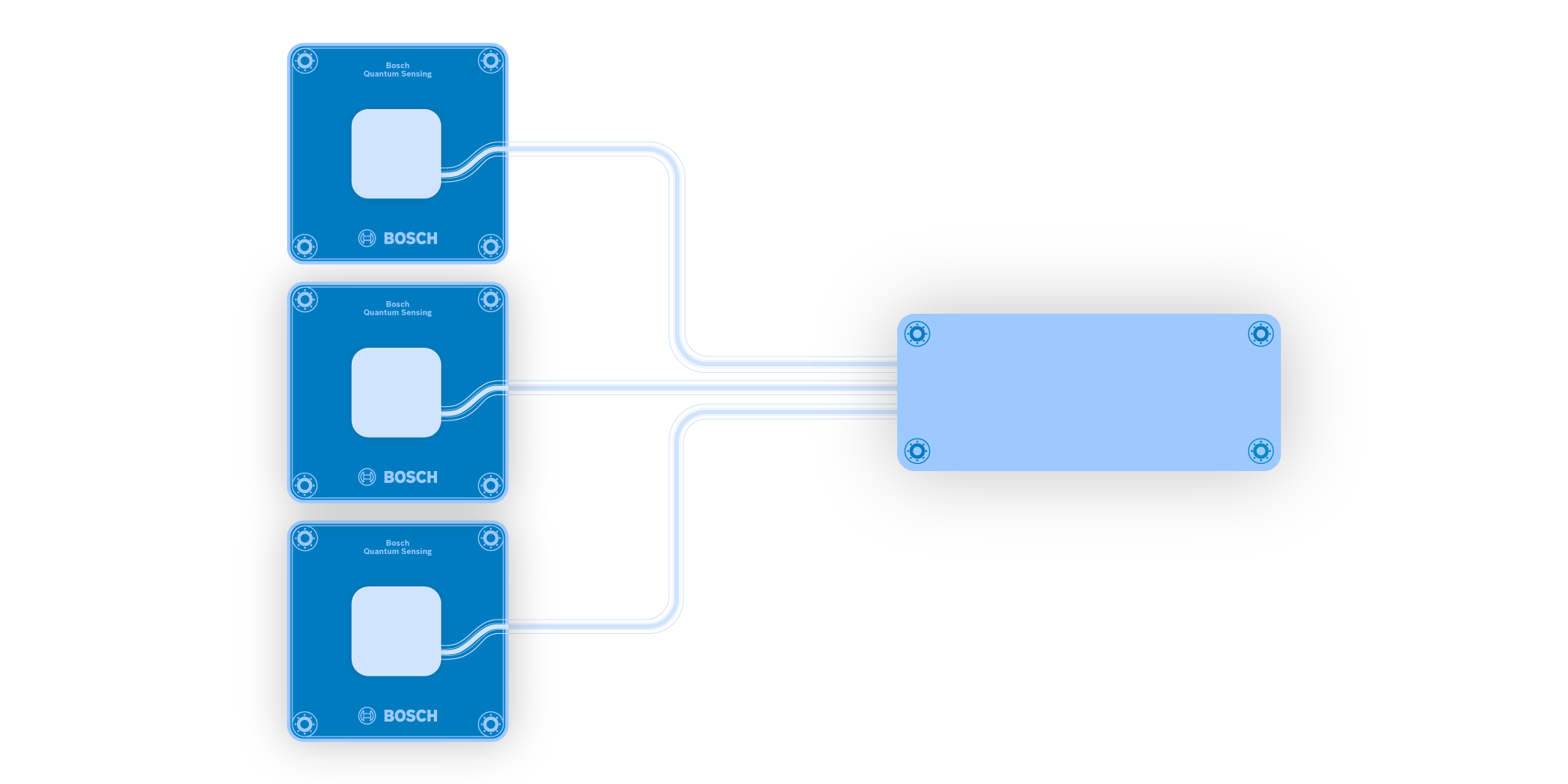
Our application fields

